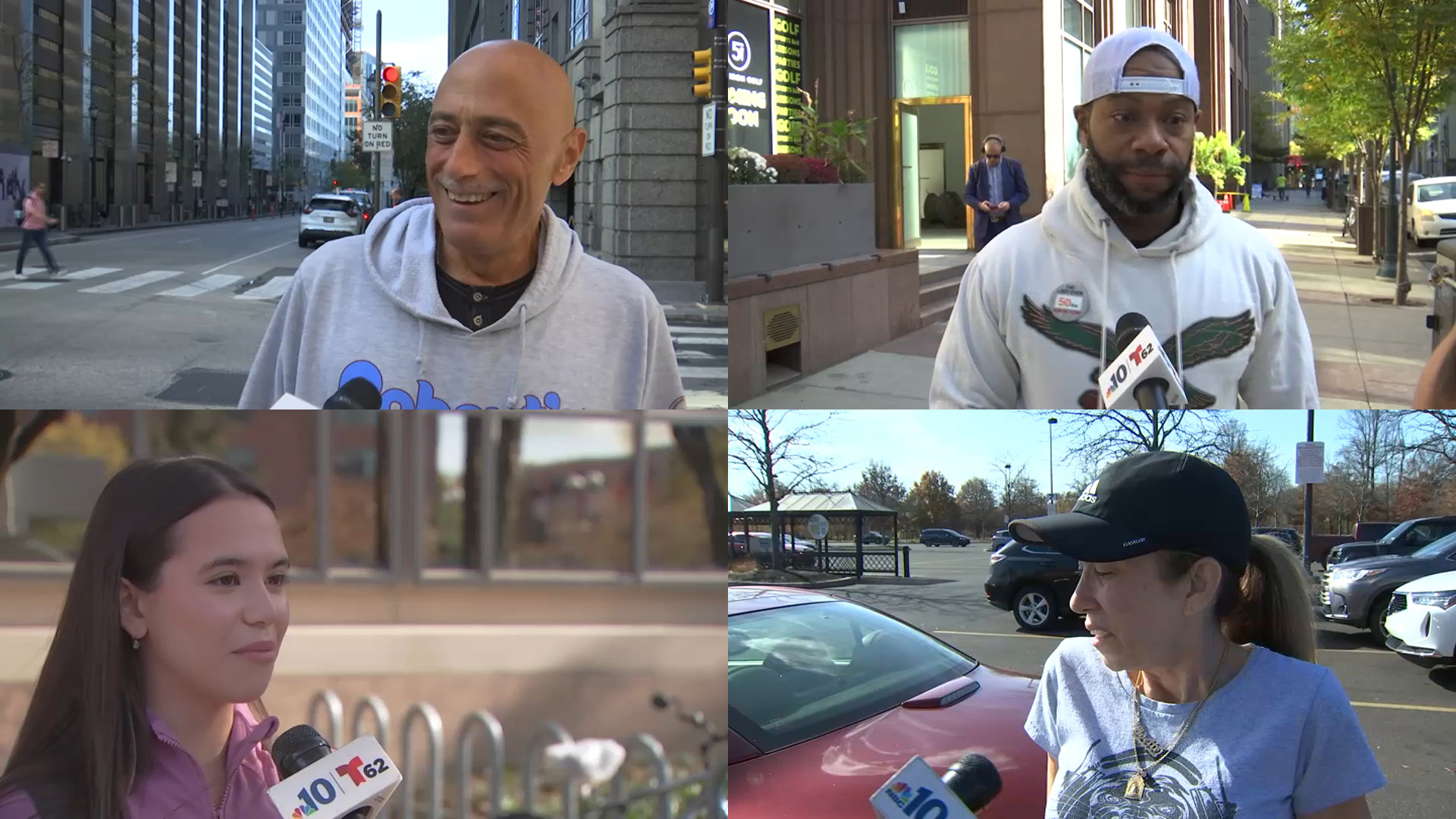The City of Philadelphia has promised the school district $74 million, which is more than the $60 million the district requested in emergency funding.
"City Council has passed legislation that raises taxes on tobacco in the City of Philadelphia," said Council President Darrell Clarke during a press conference Tuesday afternoon. "Combined with improvement in tax collections projected by the Administration, we expect to deliver $74.4 million in new funding to our schools."
Clarke says part of the money will come from delinquent taxes and fees owed to the city while the rest is reliant on a $2 a pack cigarette tax which requires approval from the state.
The school district plans to cut 3,783 teachers, administrators and staff at the end of this school year. Art, sports and extra-curricular programs will also be cut.
District Superintendent Dr. William Hite says the district has a $304 million budget shortfall and that the cuts are necessary to keep the district financially stable.
Dr. Hite has asked the city for $60 million, the state for $120 million and $130 million in contract concessions from unions.
Philadelphia City Council approved the tax on cigarette sales last week to raise $45 million for schools, but the tax can’t be levied until the state legislature gives the OK. So far, they have not.
"If somehow that doesn't materialize, then collectively, on a local level, the city of Philadelphia will try to figure out what we do with a hopefully never-realized plan B," said Clarke during Tuesday's press conference.
Clarke would not speculate on the city's backup plan however. District Superintendent Dr. William Hite also could not say with certainty whether state lawmakers he met with on Tuesday in Harrisburg are supportive of a cigarette tax. Hite does say however that the district has a plan to use the $30 million city officials say they can guarantee from collections even if they don't receive approval to tax smokers.
"We will be able to provide for principals additional resources so that they can add back services for students at their schools," Hite said.
President Clarke also announced that the Fiscal Year 2014 budget is expected to be approved by the City Council on Thursday. Clarke says the budget appropriates more than $1 billion in total tax revenue to the school district.
Local
Breaking news and the stories that matter to your neighborhood.
"Further, the Administration projects the new tobacco tax will raise nearly $90 million dollars in Fiscal Year 2015," he said. "From our perspective, we have done our part."
But in order for the district to receive the money, the State must do their part. Senate and House Democrats say they want to see all schools receive a financial boost. The question still remains however regarding where the money will come from.
"I think funds are here," said Senator Vincent Hughes. "The major corporations in the state of Pennsylvania need to take a break on this $370 million annual tax break that they get."
Hughes is the Democratic chair of the Senate Appropriations Committee, a big player in shaping Pennsylvania's budget. While much of his district lies in Philadelphia, as a representative of suburban communities he says he also wants school funding to increase across the board, not just in the city. Hughes believes ending tax breaks and accepting federal healthcare money will free up state funds for education.
"We have identified the funds," he said. "There are very real solutions. There are a number of senators, Republic Senators, and house members who said that those are good ideas."
Hughes did not comment however on the likelihood of the state approving the cigarette tax.
Philadelphia Schools spokesperson Fernando Gallard says the district will wait until the June 30 budget deadline -- when the city and state budgets must be finalized -- to make any decisions as to how to roll back the cuts.
"The district will work with the schools to identify priorities," he said.
Gallard said regardless of how much additional money comes in, the extra cash will go to the district's 242 schools before reversing cuts at regional and central offices.
"Money will be going to schools first – money for staff, money for programs."



